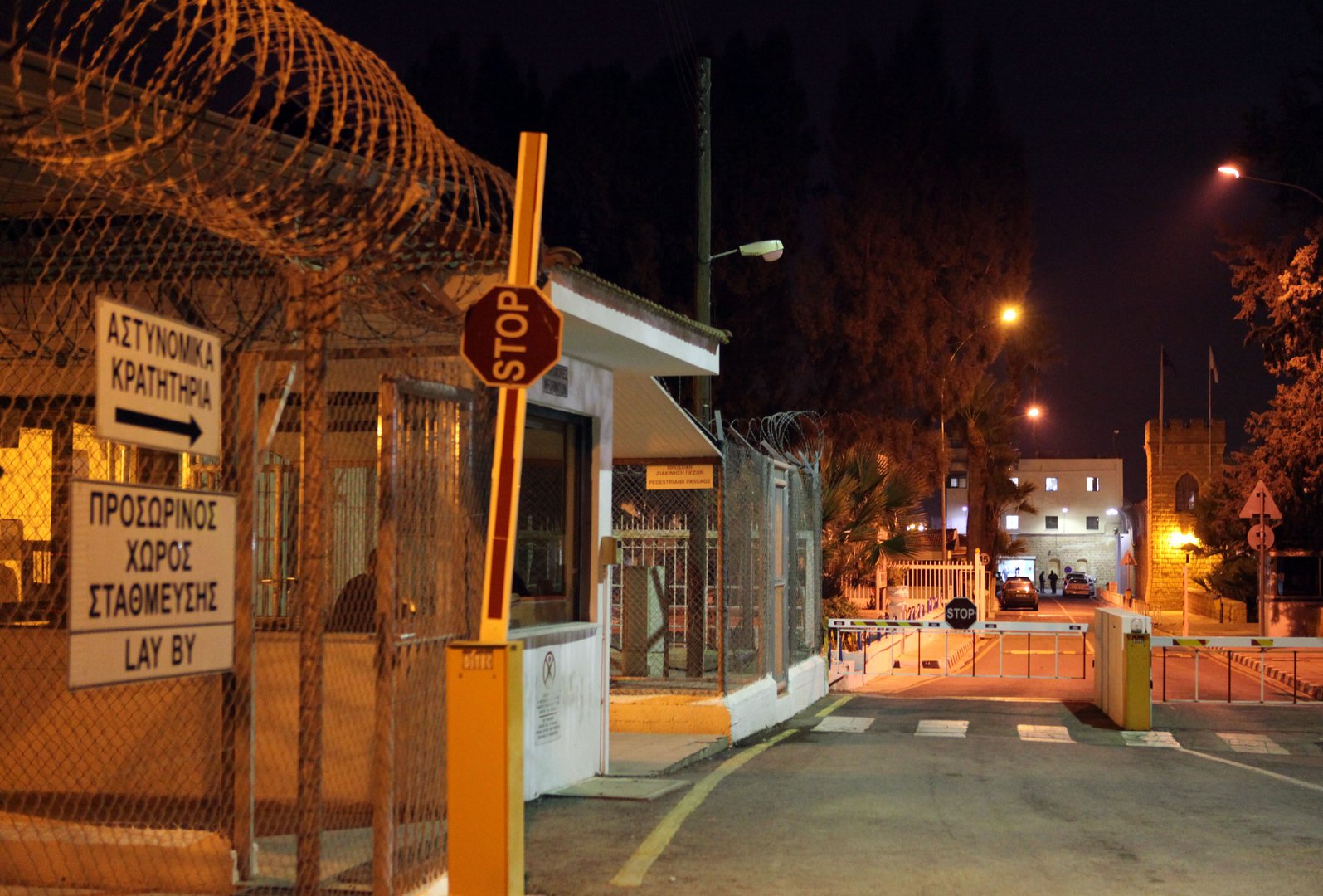Releasing prisoners on licence appears to be causing more problems than it solves, with the council responsible for these decisions citing serious concerns, including delays and incomplete information from the police.
The Council for the Release of Prisoners on Licence prepares a confidential annual report submitted to the president of the Republic, the president of the House, the attorney-general, the justice ministry, and the chief of police.
Its 2024 report, parts of which were published in Politis newspaper on Friday, revealed that the police had failed to inform the council in time about a prisoner committing serious crimes while still in prison, a failure that led to an inappropriate release decision.
The release on licence system allows eligible prisoners to serve the remainder of their sentences outside prison under supervision. This approach is intended to facilitate reintegration into society and reduce the likelihood of reoffending. Decisions are made after evaluating applications based on legal provisions, assessing the prisoner’s risk and personal circumstances.
Approval does not grant full freedom, as released prisoners remain under strict supervision.
In its latest report, covering the period from October 31, 2023, to October 30, 2024, the council reported serious problems that were hindering its work.
The council said it received reports from the welfare services, the police, the mental health services and the department of prisons, and based its decisions on those reports.
However, quite often these reports did not fulfil their aim, and despite previous suggestions, nothing had improved in 2024.
“The council is particularly concerned about these deficiencies, which lead to serious gaps in the information it receives from state services,” the report says.
The welfare services reports contained contradictory statements and often portrayed situations more favourably than they were. The police failed to provide timely updates, and criminal records were not properly maintained. Mental health assessments were conducted by psychologists instead of forensic psychiatrists, leading to gaps in evaluation.
Prison department reports focused only on behavioural violations without addressing medical issues or providing thorough justifications for their opinions.
The council stressed that these deficiencies hinder its ability to make well-informed decisions. It called for a complete overhaul of the procedures for preparing reports on prisoners.
The report also highlighted the limited availability of reform programmes for prisoners. Currently, these programmes are only offered for specific offences such as alcohol and drug abuse, gambling, and online crimes.
Participation is voluntary and restricted to Greek-speaking male prisoners in certain wings, excluding those with active psychological conditions. The council proposed expanding the programmes to cover all offences and making them accessible to both male and female prisoners in Greek and English.
The council also refered to a young man who committed suicide a few months after he was released on licence. Although he was introverted and childhood trauma was evident, no intervention had been made by social services.
The council recommended providing psychological support to address underlying issues early.
Current legislation did not allow the council to gather its own information, which the council said prevented a full picture, and proposed that it be granted permission to do so.
Although its reports are confidential by law, the council argued that certain decisions should be made public if it would be beneficial.
Another issue touched upon in the report was the supervision of those released on licence.
These supervisors, the council said, should be qualified professionals with experience in similar positions, who would undergo continuous training and be subject to regular assessment.
The council said the current supervision system was inadequate and blamed the low budget allocated to this aspect.
This also put the prisoners themselves in danger, as inadequate supervision after being released on licence could lead to the prisoner reoffending or the supervisor missing an important problem.
During the reporting period, the council reviewed 54 applications and rejected 30.






Click here to change your cookie preferences